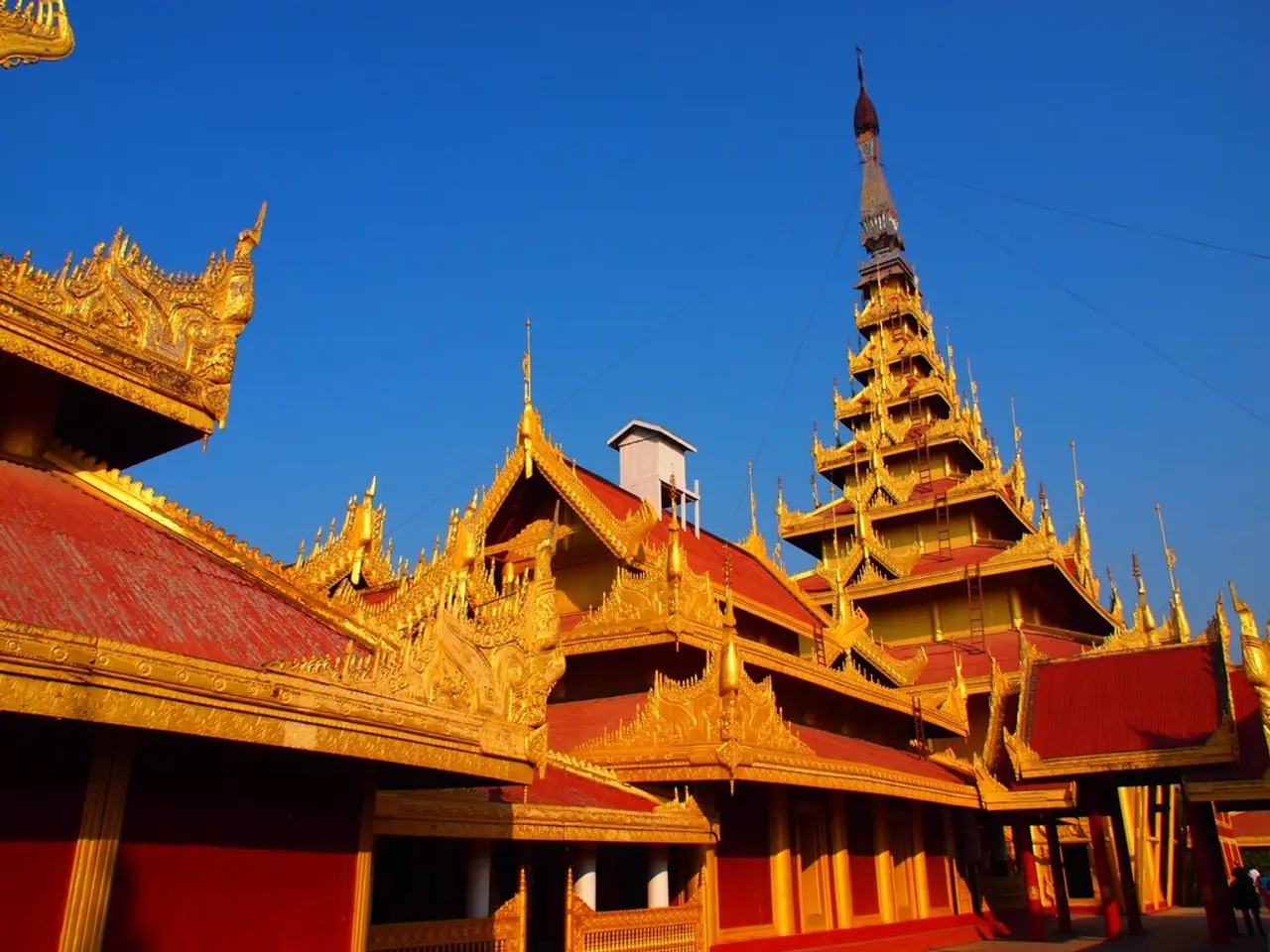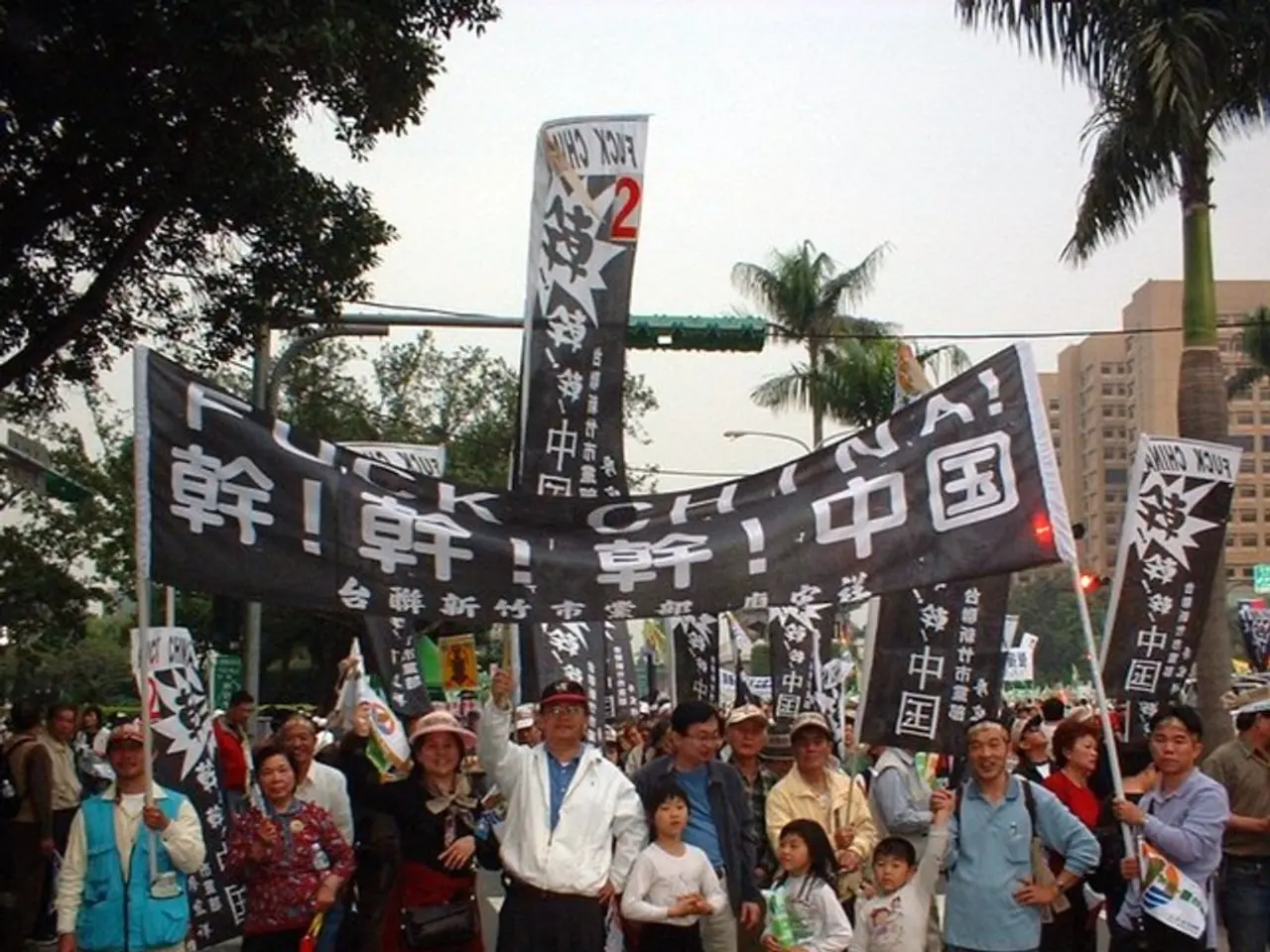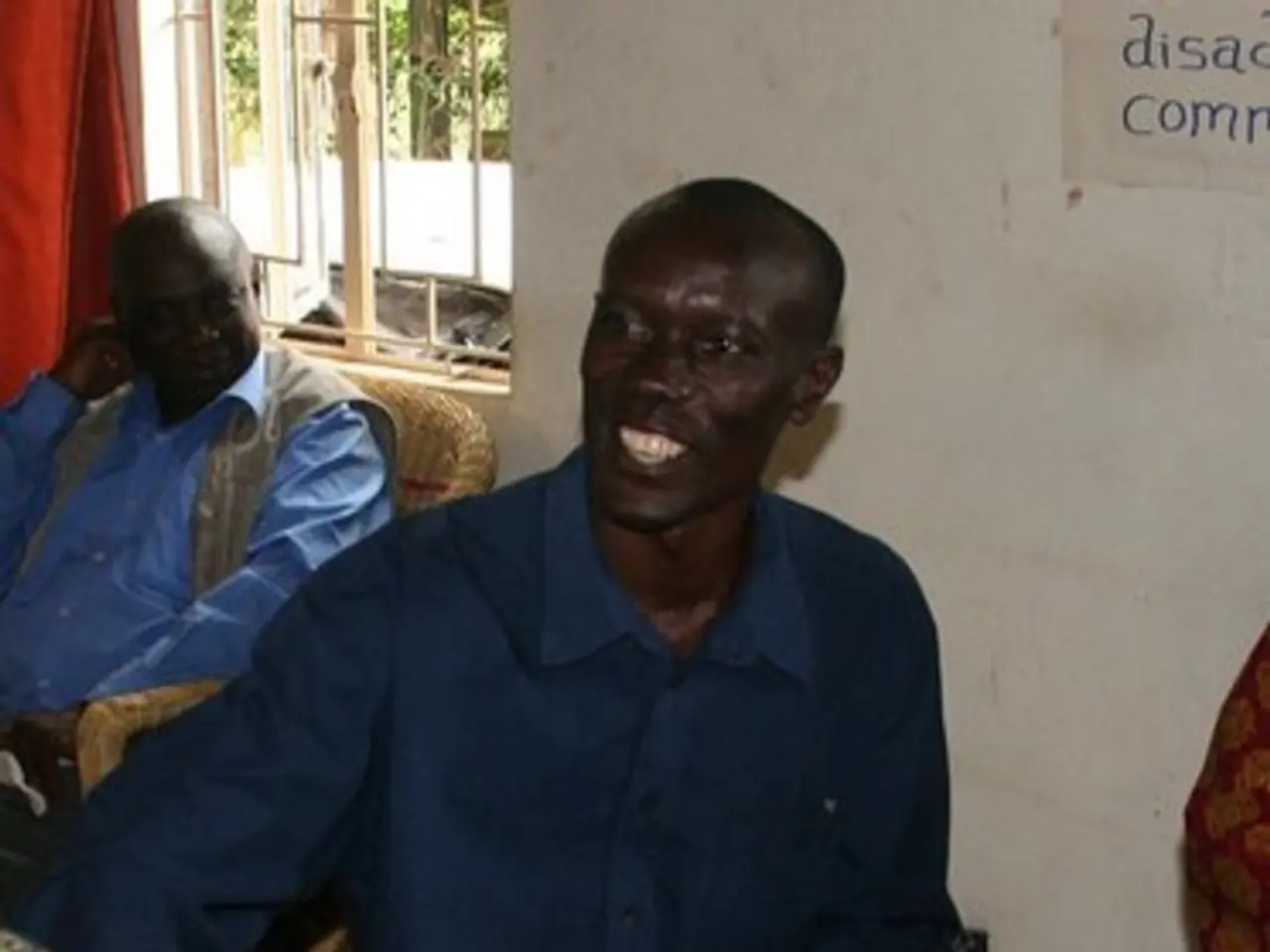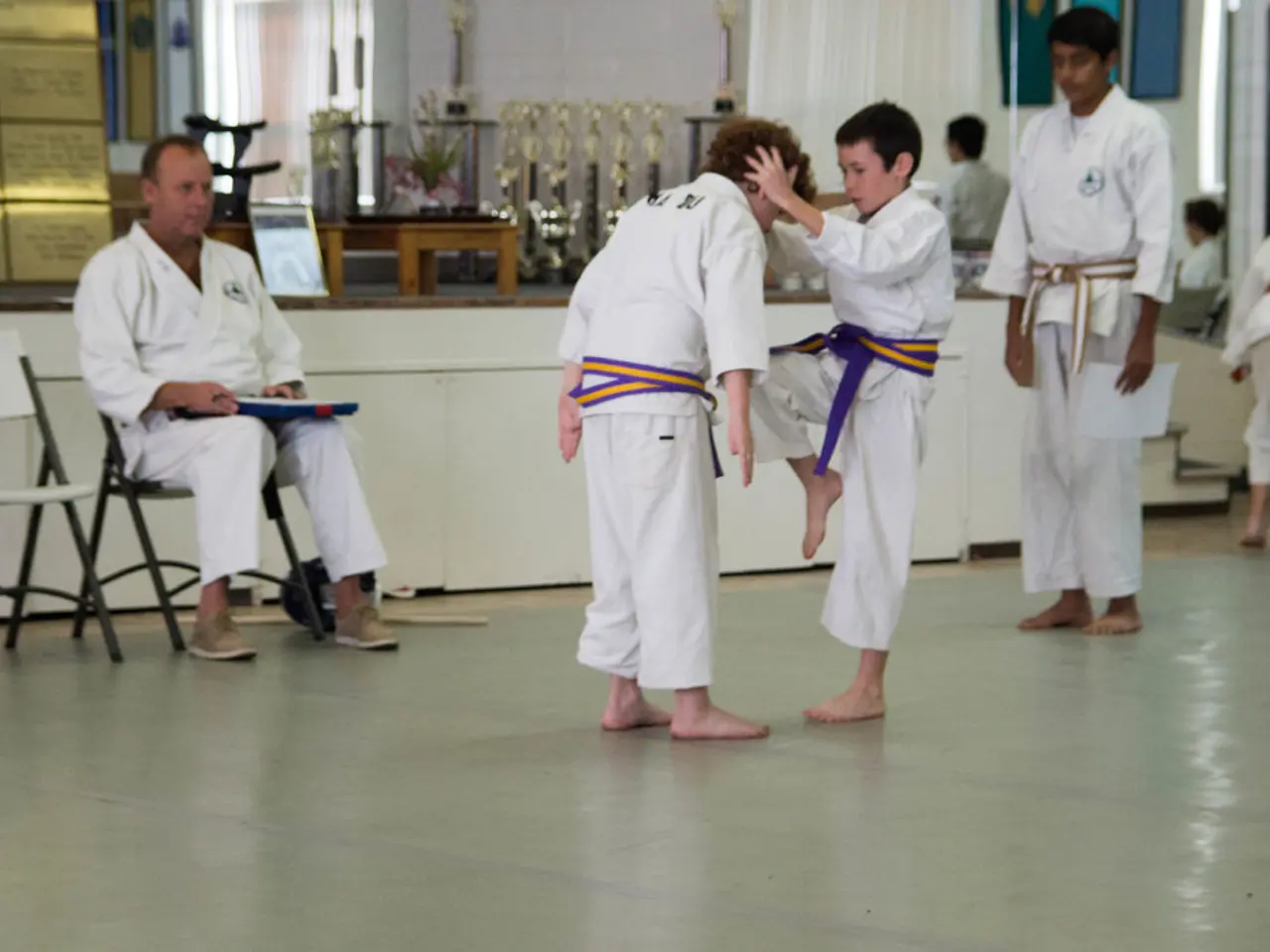Authoritarian Myanmar government passed a law to imprison critics of elections and protesters
Myanmar is gearing up for elections at the end of this year, but the process is shrouded in controversy and lacks credibility due to the military regime's control and suppression of opposition.
On Tuesday, the "Law on the Protection of Multiparty Democratic Elections from Obstruction, Disruption and Destruction" was enacted in Myanmar, with the aim of protecting the elections from obstruction, disruption, and destruction. The new law outlaws any actions that could destroy parts of the electoral process, and individuals convicted of these offenses face a sentence of between three and seven years, while offenses committed in groups can result in sentences between five and ten years.
The legislation also prohibits damaging ballot papers and polling stations, as well as the intimidation or harm of voters, candidates, and election workers, with a maximum punishment of 20 years in prison.
However, opposition groups, including democratic lawmakers ousted by the military takeover, and international monitors have called the announced elections a ploy to legitimize the junta's rule. The coup, which led to a many-sided civil war in Myanmar, has been met with skepticism and suspicion by these groups.
Under the new law, activities such as organizing protests, distributing materials against the elections, or threatening candidates and election officials are criminalized. The harsh legal framework aims to suppress dissent and ensure the junta’s dominance.
The military junta, which seized power in the 2021 coup, has excluded most popular opposition parties, including the National League for Democracy (NLD) led by imprisoned Aung San Suu Kyi, from participating in the elections. Ethnic parties like the Shan Nationalities League for Democracy and the Arakan National Party are also excluded, with the latter being denied registration over alleged links to armed groups labeled as terrorists by the regime.
The junta has announced that the elections are a path to peace, but the international community and opposition groups view them as a means for the military to maintain or strengthen its rule. A UN expert called the elections "a fraud" designed solely to maintain military power. Despite the official end of the state of emergency to prepare for the polls, ongoing civil conflict and significant security constraints, including a failed census missing data on 19 million citizens, limit the election’s reach, with analysts predicting intensified rebel offensives during the election period as a form of resistance.
In summary, the nature of the upcoming Myanmar elections is authoritarian and controlled by the military junta, with significant repression of opposition parties and dissent, and the controversy lies in their lack of legitimacy and the harsh crackdown on electoral opposition amid ongoing armed conflict and political turmoil.
Despite the military junta's enactment of a new law to protect the elections and deter opposition, concerns persist about its credibility due to the junta's suppression of opposition parties. Meanwhile, the international community and opposition groups are skeptical about the true intent of these elections, with some labeling them as a ploy to maintain the military's control and legitimize its rule. In this context, ongoing political conflicts, war-and-conflicts, and crime-and-justice issues take center stage in general-news discussions related to Myanmar.








